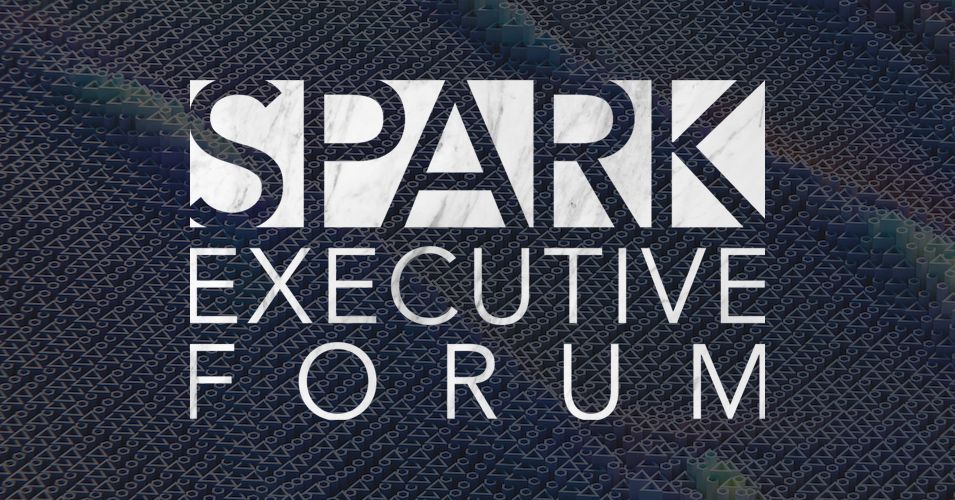Cutting IT Costs in the Face of a Recession
JPMorgan Chase CEO Jamie Dimon set off a new wave of concern about a looming domestic US recession in early June when he warned of an impending economic “hurricane” – and now that hurricane has made landfall, with stocks plummeting and inflation still rising.
The good news is that most organizations and C-level leaders have spent the last two years preparing to deal with a recession. We’ve learned a lot, and those lessons have helped make us more agile, creative, action-oriented, and resourceful than we were before COVID upended the world.
The most natural response to the threat of a recession is cutting costs proactively, and there’s no shortage of opportunities to make that happen – but it’s vital for those opportunities to be evaluated in the context of their impact on strategy and business value.
IT is usually the first stop on the savings train, elevating the risk of unintended consequences. The key to becoming recession-proof is not simply taking a scalpel to the IT or business budget, but rather using those cost-cutting needs as a lever to transform your organization – making it more agile, optimized, and automated so as to maximize the value of your top talent while trimming unnecessary expenses.
If you’re a senior leader under the gun to cut costs, here are a number of sweet spots to consider that can not only yield savings, but also fit in as part of your long-term strategy:
Enterprise networks
For most companies, this is a strong first choice for evaluating financial and operational opportunities. Networking technology continues to evolve, becoming more efficient and more capable each year, while the providers reside in a highly competitive marketplace.
An assessment of your current environment will allow you to identify quick-hit savings, which can fund a broader case for network transformation.
Software
Software is a hard category to manage and govern in the best of times, but it’s also a goldmine of openings to generate savings quickly. Evaluate your portfolio for consolidation opportunities, all the while making sure to revisit user and use case personas to right-size what you’re buying.
You can find additional savings in optimizing license management processes, especially for intake, decommissioning, and shelfware. Don’t forget to evaluate support and maintenance, which can account for a sizable chunk of your software costs.
Cloud and Infrastructure
As we heard at our most recent Spark Executive Forum, cloud as a model and cloud as a place are two profoundly different things. Whether you’re using public, private, or hybrid cloud, the metrics tell your savings story – utilization, zero- or low-usage services, and the split of production versus development can yield prime opportunities to drive short-term savings.
Creating savings can also be a trigger to accelerate planned (or unplanned) consolidation of data centers, operations, and support. AIOps can play a role here, offering opportunities to streamline and consolidate tools, processes, and the organization model. As a bonus, these actions can help your organization quickly gain agility, scalability, and enhanced responsiveness.
Managed Print
The marketplace for print services is struggling, and the competition has never been fiercer to retain business and revenue. Look at fleet consolidation, print policies, consumables, and support to drive short-term savings. Those financial gains can fuel progress in the automation and digitalization of workflows – actions that are a win for everyone and can provide leverage that can in turn be used to drive further savings.
End-User Support
Whether outsourced or homegrown, supporting your employees is expensive. Over the past several years, automation and workflow management have matured substantially. That translates into big opportunities to drive savings by optimizing routing of tickets, redesigning and consolidating support organizations, optimizing the cost per transaction, and enabling cross-channel support. All of this has a positive effect not only on your bottom line, but also on the employee experience at your organization.
Mobility
Optimization of the mobile device fleet remains a strong opportunity to drive savings. This is an extremely competitive market – which means it offers plentiful opportunities to optimize or renegotiate costs, drive new policies, and revisit ownership models (e.g., BYOD). As in the software realm, there’s good reason to revisit user personas and use cases, which can yield additional savings quickly.
Final Thoughts
While cost-cutting initiatives tend to be an easy sell, it pays to keep an eye on the bigger picture and the long-term consequences of those initiatives. Short-term savings are well and good, but they can be erased in no time if they’re not strategically implemented. The goal is to enhance rather than detract from agility, resilience, and the business at large – building a tighter ship that can weather any storm.
Reduce costs, increase agility, and outmaneuver the competition – it all starts by reaching out to us.















